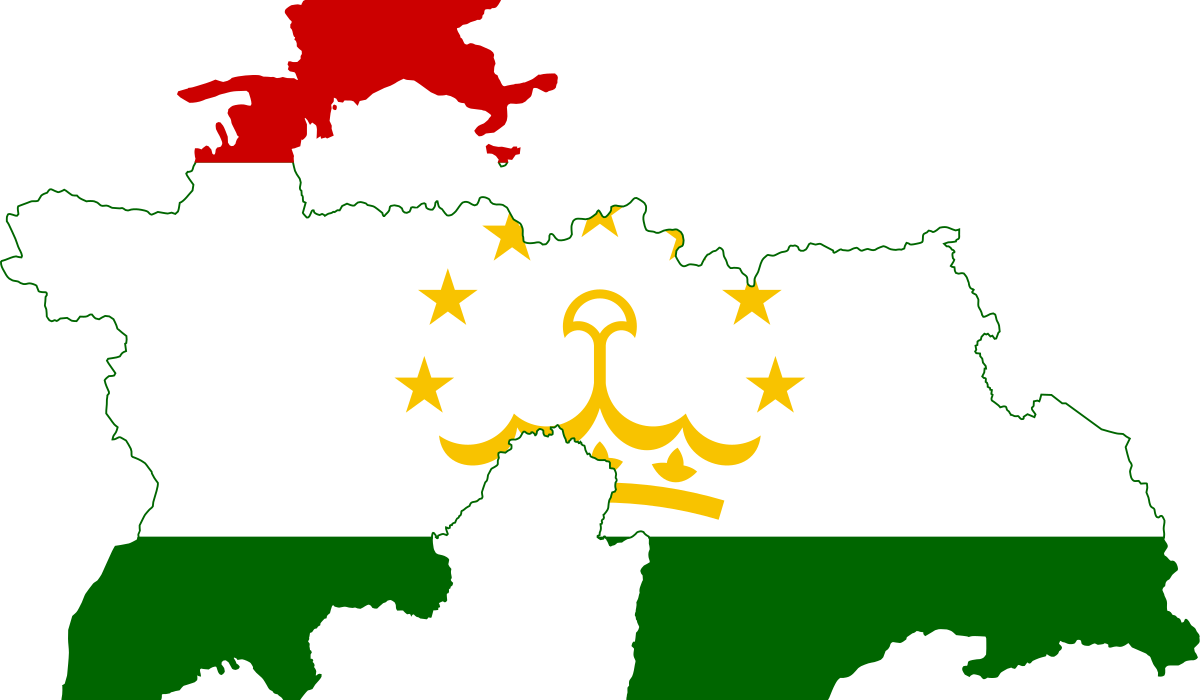Tajikistan’s economy has shown remarkable growth in recent years, with an impressive expansion of 8.3% in 2023 and 8.2% in early 2024, according to the World Bank’s latest Tajikistan Economic Update released on July 16. According to the report, the growth was driven by increased revenues from gold exports and substantial public infrastructure spending. Robust worker remittances and public wage increases also strengthened domestic demand, contributing to overall poverty reduction in the country.
The report highlights that Tajikistan has managed to control inflation through a combination of declining global food and fuel prices and a tighter monetary policy. High disbursement of external grants have supported the fiscal position, leading to a reduction in public debt levels. However, the economic outlook faces several challenges with more subdued economic growth projected at 6.5% in 2024 and 4.5% in the medium-term, reflecting sluggish growth in key trading partners, such as China, Kazakhstan, Russia, and Türkiye, and domestic reform inertia.
Potential risks to the economic outlook include escalation of global and regional tensions and stricter migration policies in Russia. The report cautions that in order for Tajikistan to ensure sustainable development, it needs to implement structural reforms focused on enhancing economic openness and competitive neutrality, and improve public sector governance, transparency and accountability for better public service delivery. The report also highlights the importance of promoting adaptation measures to mitigate the impacts of climate change and the need to strengthen economic resilience against natural disasters.
“Tajikistan’s recent economic performance is commendable, but sustaining this momentum will require concerted efforts to address structural challenges to ensure competition among all economic players,” said Ozan Sevimli, World Bank Group Country Manager for Tajikistan. “Embracing fair competition and competitive neutrality between state-owned enterprises and the private sector is vital for fostering innovation, driving efficiency, and ensuring that all players can thrive on a level playing field, ultimately benefiting the economy and society as a whole,” he added.




